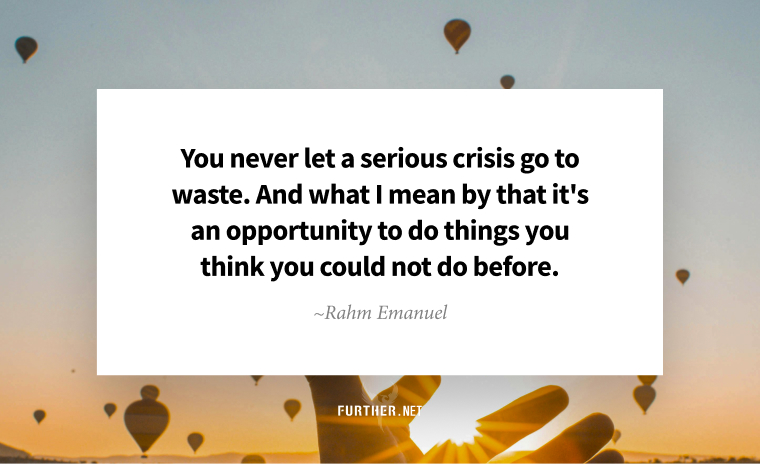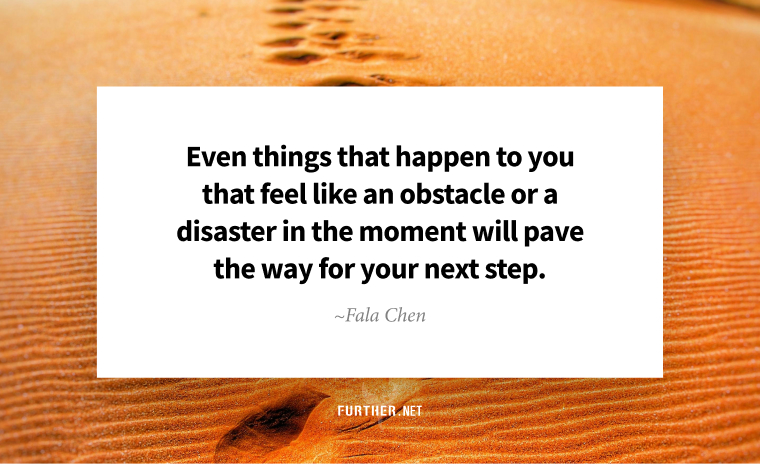
You’ve seen the headlines… and they’re not pretty.
Here’s just one recent example from Forbes:
Generation X On The Brink: The Stark Reality Of Their Grim Retirement Outlook
The article reveals that the typical Generation X household has only $40,000 saved for retirement. We’re talking about people in midlife, currently at ages 45 to 60.
Now, the average retirement account balance is $130,000, which is nowhere near enough to retire on. But it’s actually even worse than that, because the average is skewed by the richest people – the 1% who have significantly more assets.
So let’s look at the median amount of retirement savings for Gen X:
It’s only $10,000.
That means half of all people born between 1965 and 1980 have less than $10,000 saved for when they stop working. And the majority of those who have more than the median don’t have nearly enough, especially those in their late 50s.
While older Baby Boomers are said to be sitting on a pile of cash, many younger Boomers (dubbed Generation Jones, born in the first half of the 1960s) are in much the same boat as Generation X.
You’d think people our age are scared to death that they won’t be able to retire on time.
But that’s far from the top concern.
To find out what is, and decide for yourself if this is actually a crisis, check out my Feature article below. It’s the first in a series exploring the retirement issue and how best to deal with it.
Is Generation X Facing a Retirement Crisis?
Keep going-
P.S. New to Further? Join us here.
Retire Into the Abyss
The traditional American approach to retirement often leads to depression, isolation, and a profound loss of purpose. It’s not at all what we’ve been led to believe over the years.
The Great Retirement Swindle: Why Your Next Chapter Should Start Now
Golden (Handcuff) Years
People with substantial nest eggs often find themselves paralyzed by fear. Even rich retirees fear outliving their money, and that deprives them of truly living the life they’ve worked so hard to achieve.
Avoiding the “Golden Handcuffs” of Retirement Savings
Let Bad Times Bring Out the Best in You

By Trudi Roth
In our lifetimes, we’ve witnessed a lot of unthinkable catastrophes, from human-made (Three Mile Island, Chernobyl, Exxon Valdez) to natural (pandemics, hurricanes, wildfires).
There’s a silver lining for us Gen Xers, as research shows 70% of us are confident in our ability to manage crises, 75% have emergency plans, and 60% are adaptable to new circumstances.
Still, when disaster strikes, as it did for me last over the last week in the LA fires, you might be stymied about what to pack in your go bag. While it would be nice to have clean underwear, a handful of sentimental items, and hard-to-replace documents, I quickly realized none of that was necessary.
Turns out that the one essential thing you need to survive is something that disasters naturally foster: human bonding.
People Who Need People
Over the last two decades, an increasing body of research shows a wide range of benefits from “disaster collectivism,” a term coined by author Rebecca Solnit in A Paradise Built in Hell.
In the wake of an earthquake, a bombing, or a major storm, most people are altruistic, urgently engaged in caring for themselves and those around them, strangers and neighbors, as well as friends and loved ones.
Studies show feeling out of control can make people more generous and helpful. Collective trauma brings people closer together, as expressing the same emotions and supporting one another can be psychologically and neurologically healing.
However, it’s not a given that disaster collectivism is all hearts, flowers, and rainbows. It helps if there is a sense of trust and mutual respect before bad things happen. Still, knowing that humankind can rise up together when things are darkest is a little light worth holding out for.
A Friend In Need
As the days wore on and the fires blazed, friends and family members, many of whom I hadn’t spoken to in decades, checked in. The more I focused on connecting with others, the better I felt.
This isn’t surprising; as we’ve often discussed here in Further, friendships — even the “weak ties,” like your favorite grocery store clerk or barista — correlate with better health, less stress, and greater happiness. Plus, the 87-year landmark Harvard Study of Adult Development shows the #1 key to long-term survival is close relationships and social connections.
Luckily, you don’t have to endure a calamitous event to realize the benefits of a disaster mindset. While writing her book, Solnit analyzed the work of disaster studies pioneer Charles E. Fritz and found a “radical premise”:
Everyday life is already a disaster of sorts, one from which actual disaster liberates us.
In other words, that extra stressor reminds us of the importance of belonging and unity not just to survive but to thrive. The real catastrophe, then, is waiting for an actual disaster to connect with people you care about and who care about you. I say this from heartbreaking experience: please don’t wait.
Further Reading: A Paradise Built in Hell by Rebecca Solnit
further: flashback

Camper Van Beethoven – Pictures Of Matchstick Men
Key Lime Pie, 1989
The Mrs. and I saw 90s alternative darlings Cracker on New Year’s Eve. Great show, and the highlight for me was Pictures of Matchstick Men from lead singer David Lowery’s previous band, Camper Van Beethoven. (YouTube)
further: sharing
Enjoy this issue? Please forward this email to friends or share on social media using the icons up top.
Thank you for sharing Further!
